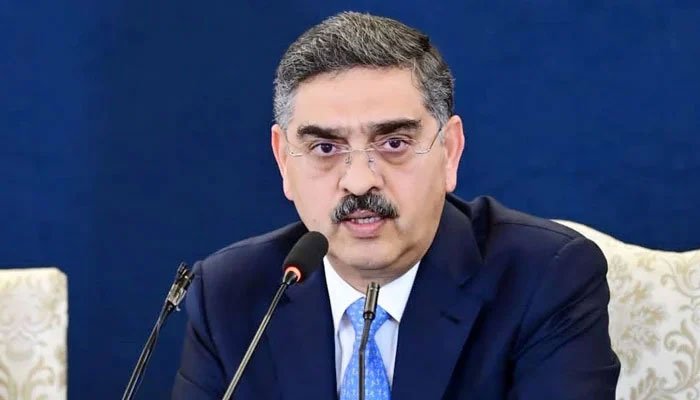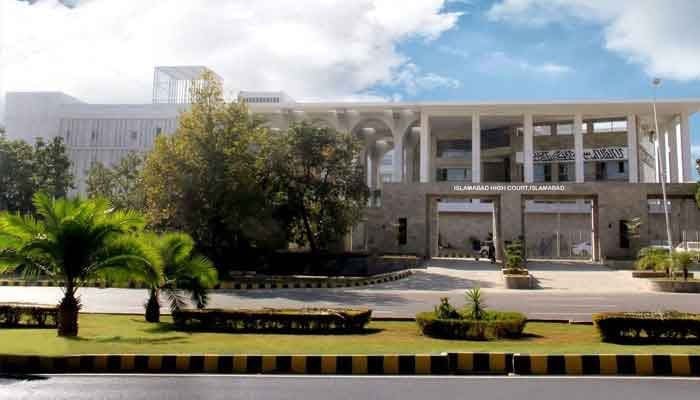In a recent press conference on Wednesday, Pakistan’s Prime Minister, Anwar-ul-Haq Kakar, expressed grave concerns over the implications of the ongoing turmoil in neighboring Afghanistan. He emphasized the need for action to address the deteriorating security situation, especially the increase in terrorist activities and the continued presence of illegal Pakistani nationals within Afghanistan.
One of the key concerns raised by Prime Minister Kakar is the involvement of Pakistani nationals in acts of terrorism in Afghanistan. He urged the Afghan interim government to hand over any illegal Pakistani residents who might be involved in such activities. He stated that it is essential to tackle the elements within Afghanistan responsible for promoting terrorism and extremism, especially the outlawed Tehrik-e-Taliban Pakistan (TTP).
Furthermore, Prime Minister Kakar highlighted the importance of cracking down on locations and training centers within Afghanistan that provide shelter and training to illegal Pakistani residents. These places have been instrumental in facilitating acts of terrorism and insurgency, leading to instability in the region.
The policy of repatriation of illegal residents, according to Kakar, is non-negotiable. He stated that it is not possible for the Afghan government to deal with this issue by pushing these individuals back into Pakistan or expecting other countries, including the United States, to exert pressure on Pakistan. Some matters are of a sensitive nature, and the repatriation of illegal residents falls into this category.
Concerning recent inflammatory statements made by Afghan leaders, Kakar expressed regret and disappointment. He stressed that such statements are counterproductive and can contribute to the spread of insecurity within Pakistan. He emphasized the need for responsible behavior on the part of Afghan leaders and the importance of maintaining a respectful and productive relationship between the two neighboring nations.
The spread of insecurity within Pakistan is partially attributed to illegal residents and the activities of the TTP and other anti-Pakistan militant groups. These groups have exploited the border region, using Afghanistan as a base to launch attacks against Pakistan. Over the past two years, Pakistan has faced a significant increase in militant attacks that have resulted in the loss of more than 2,000 innocent lives.
Prime Minister Kakar made it clear that Pakistan has shown a willingness to engage with the Afghan government to address these issues. In February 2023, Pakistan sent a high-level delegation, led by the Director-General of the Inter-Services Intelligence (ISI), to Afghanistan. During this visit, the Afghan interim government was presented with the option to choose between Pakistan or the TTP, indicating Pakistan’s commitment to countering anti-Pakistan militant groups.
Despite this gesture, illegal Pakistani nationals continue to reside within Afghanistan, and terrorist groups, including the TTP, continue to operate from Afghan soil. The situation has not improved, and the recent increase in terrorist activities has no connection to the upcoming elections in Pakistan.
Prime Minister Kakar also expressed concern over the sale of American weapons in the black market, highlighting evidence of such arms deals. The availability of such weapons on the black market further exacerbates the security situation, not only in Afghanistan but also in the surrounding region.n conclusion, Prime Minister Anwar-ul-Haq Kakar’s address underscores the grave concerns Pakistan has regarding the deteriorating security situation in neighboring Afghanistan. The increase in terrorist activities, the continued presence of illegal Pakistani residents, and the lack of effective action against terrorist groups are key issues that require immediate attention. Pakistan has expressed its willingness to engage with the Afghan government to resolve these concerns but emphasizes the need for tangible actions and cooperation to maintain regional stability and security. The ongoing instability in Afghanistan is a pressing issue that demands the attention and collaboration of all stakeholders involved.



